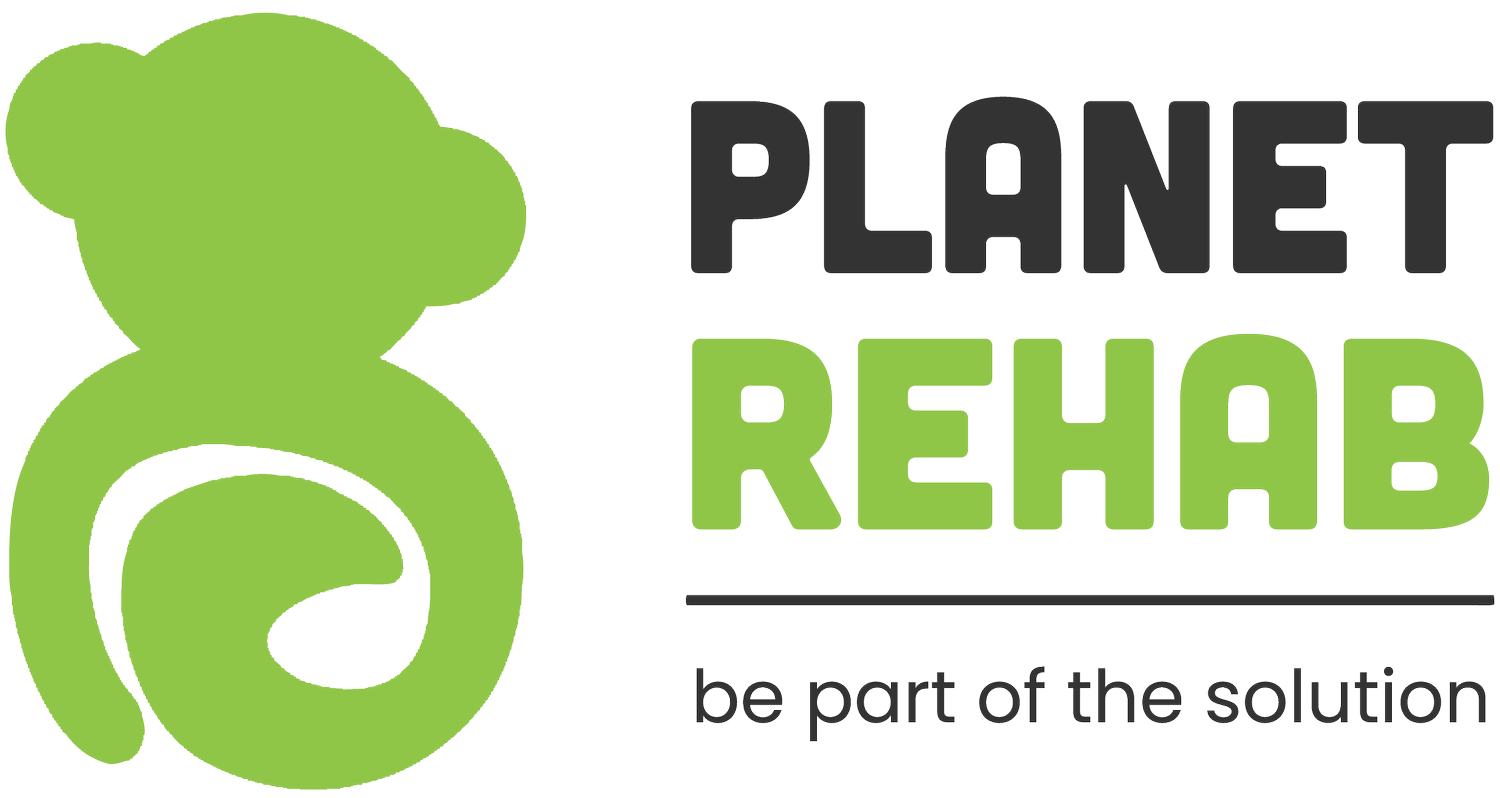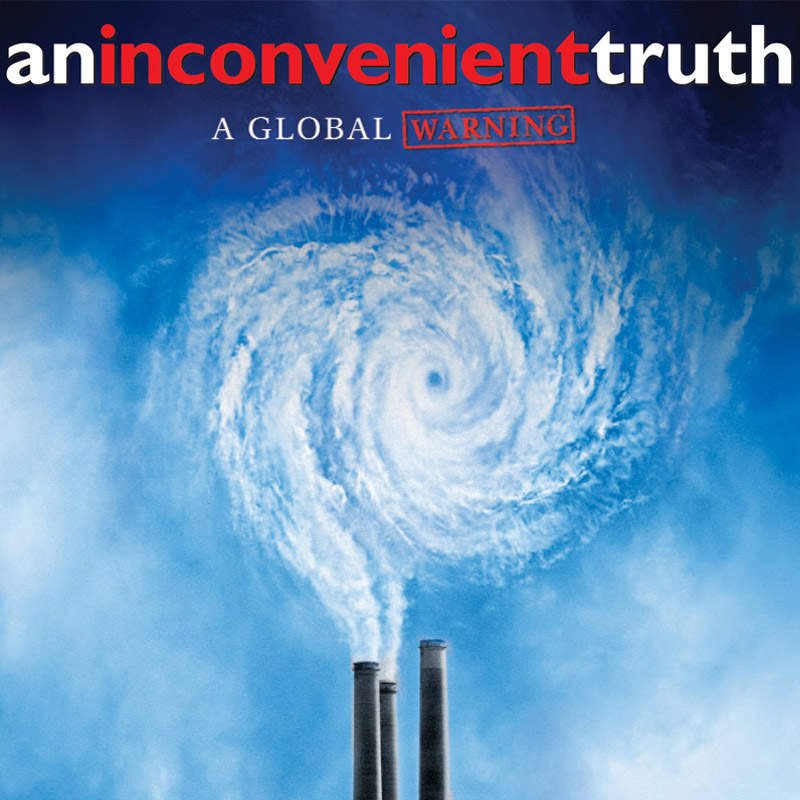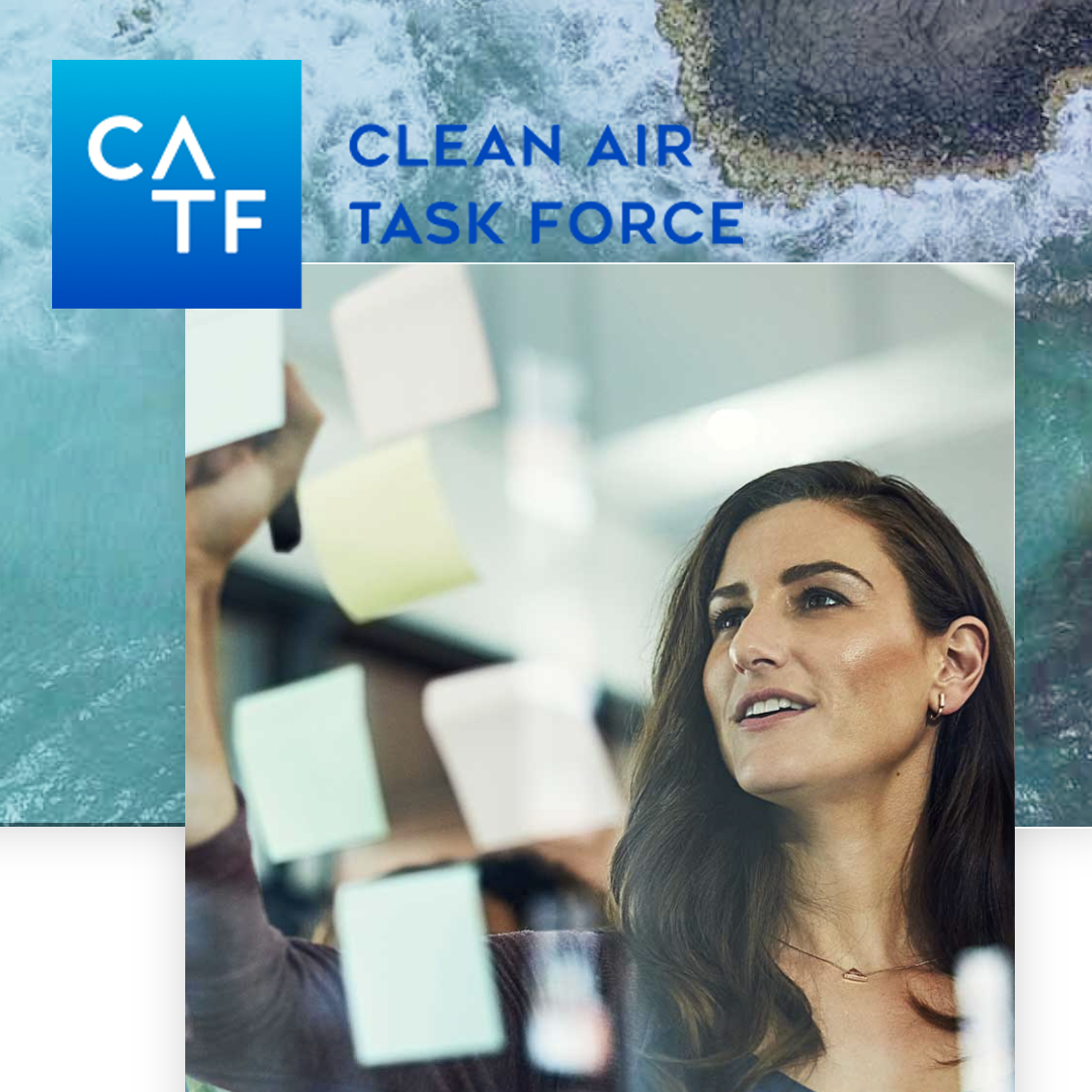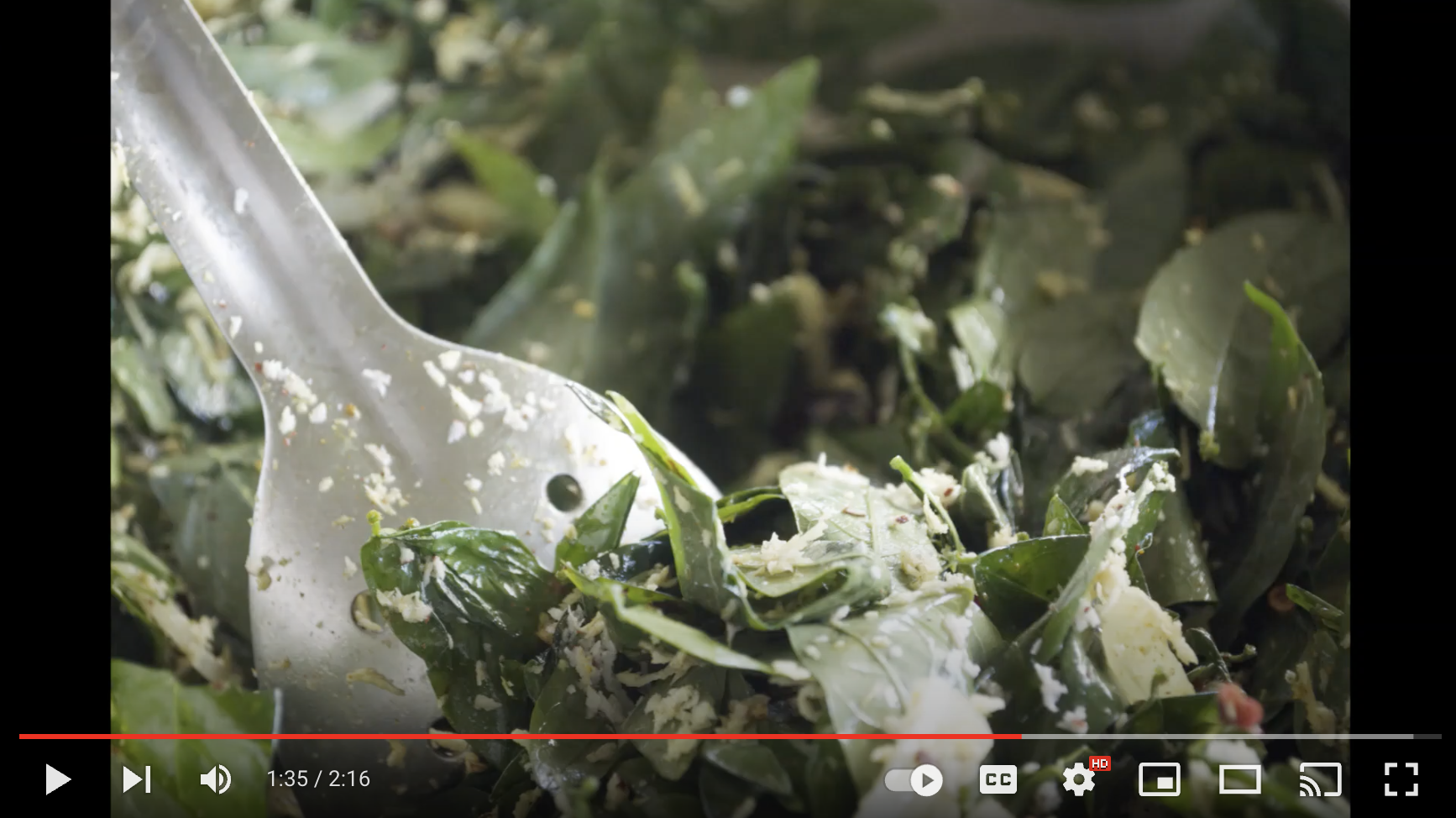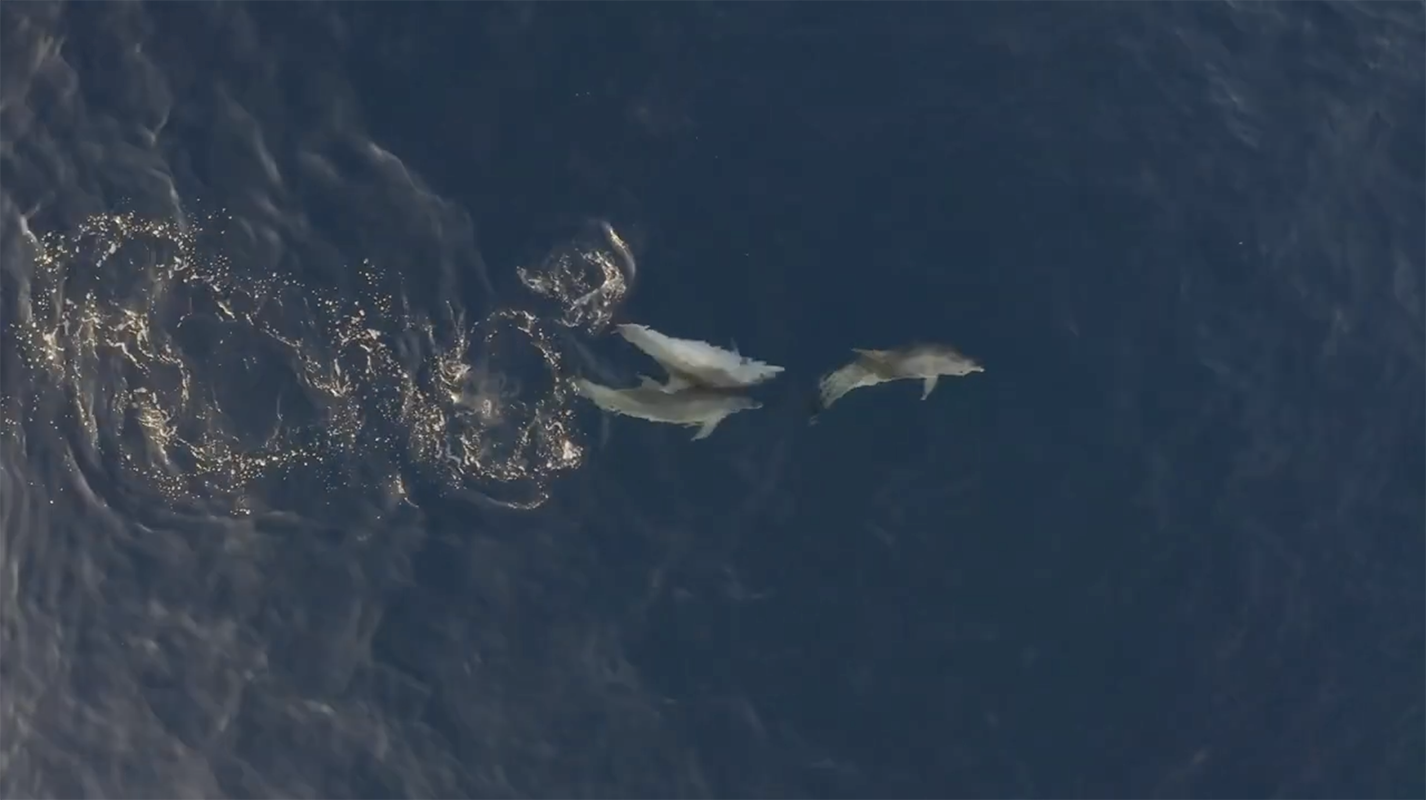
CLIMATE CHANGE AND HABITAT DESTRUCTION ARE THE LEADING CAUSES OF SPECIES EXTINCTION AND ECOSYSTEM DISFUNCTION.
The survival of all species depends on our response to climate change. We believe it is critical to educate everyone on these harsh realities.
be part of the solution
Planet Rehab hosts nature-based events and educational forums as well as projects to motivate others to learn about our environmental challenges and to join the fight to save the planet.
Learn more about Climate Change and different ways you can directly contribute to reducing its impact.
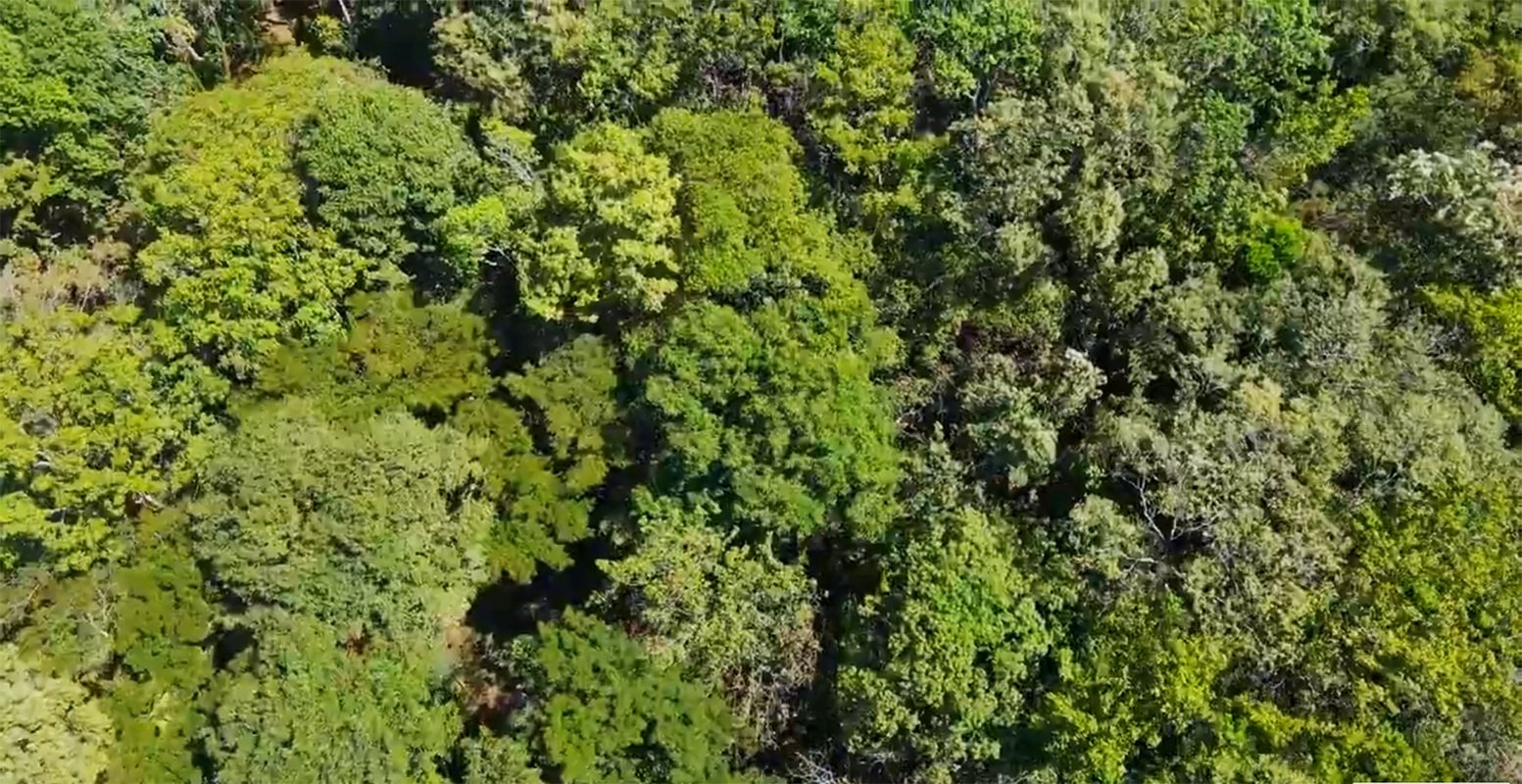
We can all agree that there are several issues directly connected to climate change that we can directly and personally Affect
Plant-Based for the Planet
A Vegan Diet: Eating for the Environment
According to Physician’s Committee for Responsible Medicine, research shows that meat and dairy products are fueling the climate crisis, while plant-based diets—focused on fruits, vegetables, grains, and beans—help protect the planet.
Shifting diets from meat and other animal products to plant-based diets has a high potential for reducing carbon footprints and mitigating climate change, as well as improving human health, according to Climate Change 2022: Mitigation of Climate Change, a report from the United Nations’ Intergovernmental Panel on Climate Change.
An excursion to donate edible plants and educate on nutritional and environmental sustainability, organized by Gary, Founder of PlanetRehab and owner of the Green Acres Chocolate Farm, to an indignous village in Bocas del Toro, Panama. April 2022
Shifting subsidies from animal products to fruits, vegetables, beans, and grains meant for human consumption could help fight climate change and keep people healthy.
The world’s five biggest meat and dairy producers emit more combined greenhouse gases than ExxonMobil, Shell, or BP, the top three oil production companies, according to a report by GRAIN and the Institute for Agriculture and Trade Policy. Researchers tracked greenhouse gas emissions for 35 of the largest producers of beef, pork, poultry, and dairy. The researchers found that the companies’ emissions are reaching dangerous levels due to unregulated growth and governmental subsidies to ensure inexpensive production costs and supplies such as animal grain.
The American Medical Association adopted a policy in June 2022 that declares climate change a public health crisis that threatens the health and well-being of all people.
Just Put Down The Bottle
A single bottle will take over a THOUSAND YEARS to biodegrade!
According to the Water Project, plastic water bottles have made the landfills overflow in countries around the world. In the USA there are 2 million tons of discarded water bottles alone, despite that 80% of single use bottles end up becoming litter.
The bottles that end up in nature damage the fauna and flora terribly. BUT, even before the bottle is disposed, its creation has a negative impact on the environment - taking around 3 liters of water to package 1 liter of water!
A test by the Environmental Working Group (EWG) showed that ten bottled water brands, in the USA, contained more than 30 contaminants. Among the chemicals found was caffeine, pharmaceuticals, heavy metals and minerals including arsenic and radioactive isotopes, fertilizer residue and a broad range of industrial chemicals. Unlike public water systems, bottled water companies aren't required to notify their customers of the presence of contaminants in the water.
Despite the bad quality of this product and the presence of toxins on average, in the USA, the price is 1,900 times more than the cost of a gallon of public tap water.
Photograph: Vier Pfoten/Four Paws/RHOI/Rex
You can find Palm oil in cooking oils, butter, shampoos, lotions, and it’s hidden in many more places.
It is also insanely cheap to produce, using 10 times less land to produce the same amount of oil as the soybean plant.
Palm oil is killing the earth
The largest and most dangerous impact of palm oil production is the rapid deforestation that is required to sustain the industry. Palm oil trees thrive in the same tropical climate that rainforests do. Earth’s major rainforests are located in the South American Amazon, the African Congo River Basin, and in the South East Asia, specifically Indonesia and Malaysia. Countless acres of these rainforests have been burned to make room for massive palm oil plantations. Experts are predicting that 98% of Indonesia’s rainforest will have been converted to palm oil production by 2050.
Rainforests work double time to purify our air by sucking out carbon dioxide and replacing it with oxygen, and they do so more efficiently than any other ecosystem. By tearing them down, we are depleting a critical source of clean oxygen. The smoke and air pollution caused by deforestation greatly worsens the air for the local communities.
As species’ habitats are destroyed to make room for palm oil trees, their populations get smaller and smaller. Wild orangutans, the Sumatran elephant, rhinoceros, and tiger are all clinging on to survival as they see their habitats shrink and be replaced by palm oil trees.
So palm oil production causes extensive environmental destruction, wreaks havoc on our clean air, and violates many human rights. What can we do to stop it?
The most effective way to get rid of palm oil is to reduce our overall consumption of goods. Palm oil production will continue to be as massive problem as long as our society allows. As we reduce our consumption, we reduce the size of the industry and ultimately reduce its dangerous impact on the climate change crisis, our environment, humanity, and our precious species.
butterflies at risk
The population of pollinators around the world has declined dramatically!
Butterflies, once a familiar sight, are plummeting toward extinction due to landscape-scale threats from pesticides, development and climate change. In March, 2020 there were 53% less monarchs than the previous year’s count. The Monarch population decline hasn't stopped.
Some scientists fear that soon the Great Monarch Migration will come to an end.
Monarch butterflies fly more than 2,000 MILES! From the north of Canada to the center of Mexico. This is the largest insect multigenerational migration in the world, known as the Great Monarch Migration.
The journey is not only unique but is a vital pollinator of wild flowers.
Stop trashing the oceans
the Great Pacific Garbage Patch is affecting all levels of life in the ocean.
By the latest estimates, has grown to 1 1⁄2 times the size of the continental United States. It is estimated to be 90 feet deep.
Plastic, which never breaks down, is consumed by sea creatures and is killing more than 100,000 marine mammals and sea turtles, and over one million sea birds each year!
Every week over 1,923 marine mammals and sea turtles are killed – and over 19,230 sea birds will be dead!
The Great Pacific Garbage Patch is actually one of five giant floating Garbage Patches in the world’s oceans! It turns out that when opposing currents collide, they form swirling vortexes called Gyres, where trash in the ocean is deposited.
So how does the plastic trash enter the ocean?
All 5 of the Ocean's Gyres are filling with Plastic Trash - over 80% comes from Land - trash coming down storm drains and left on baeches.
Over time, plastic breaks into particles that become incorporated into the food chain.
Plankton is the basic building block of the ocean so now anything that previously ate plankton is now eating plastic!
There are now 6 times more plastic particles than plankton in the Great Pacific Garbage Patch. 56% of the oxygen we breath come from plankton in the ocean!
A CASE FOR CLEAN ENERGY
Green Technologies have never been so accessible and inexpensive! with Global Climate Change running rampant, we have no time to spare!
Oil, gas, and coal companies are doing everything in their power to push dirty fuel down our throats, but it is expected that renewables will represent the 45 percent of energy used worldwide by 2040.
The growth of renewables has threatened the fossil fuel industry’s standing and they are running scared. From hiring consultants with the mission of “outlawing” green energy, to secretly shipping “tar sands” for processing in port cities, they are doing whatever it takes to stay on top of the hill.
Besides the obvious CO2 emissions from oil, gas and coal, strip mining, fracking and the building of pipelines further degrade our earth with the destruction of wildlife habitats, the injection of harmful chemicals in to the ground and the spilling of petroleum.
